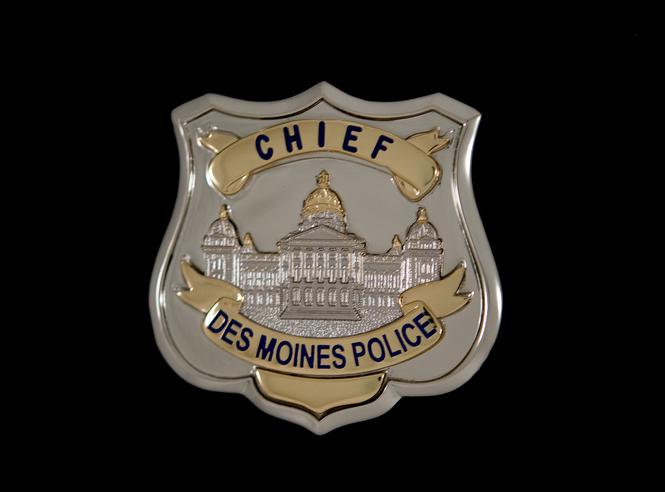At WiseGEEK, we're committed to delivering accurate, trustworthy information. Our expert-authored content is rigorously fact-checked and sourced from credible authorities. Discover how we uphold the highest standards in providing you with reliable knowledge.
What is the Blue Flu?
The blue flu is a work stoppage by a group of employees who are prohibited by law from calling a standard labor-union-type strike. Instead of striking, employees conspire to call in sick on the same day or days to voice a protest or win some type of concession. Since this tactic was initially used by uniformed police officers, it was given the label blue flu in reference to the most prevalent color of police uniforms. Other groups of employees who were faced with the same bans on striking as the police eventually adopted the same tactics. As a result, sickouts by employee groups other than police officers are often identified as the blue flu.
Workers have used strikes — the most common type of work stoppage — to win concessions from employers for centuries. Early strikes were declared illegal in many countries, and were quickly and forcefully disbanded. During the industrial revolution of the 18th and 19th centuries, however, strikes became increasingly recognized as legal as organized labor began flexing its muscle. Picket lines became familiar sights as the strike grew into a major weapon in collective-bargaining negotiations. Union leaders increasingly threatened or called strikes to demand — and win — better working conditions, higher wages, and improved collective-bargaining agreements.

Strikes continue to be illegal for many groups of workers in the United States. All employees of the federal government are prohibited from striking by federal law — 5 USC 7311 - Sec. 7311 — and are required to acknowledge that fact in writing before they are hired. President Ronald Reagan fired all federal air traffic controllers in 1981 for failing to report for work after engaging in an illegal strike. In 1967, the state of New York enacted the Public Employees Fair Employment Act, also known as the Taylor Act, which prohibits public employees from striking. Some states, including Iowa and Florida, also ban public school teachers from striking.

Workers who lack the leverage to strike in order to negotiate improved working conditions, wages, and contracts — and who resort to falsely calling in sick as a group, or calling a sickout — are said to have the blue flu. The courts have ruled both for and against whether blue flu cases constitute actual strikes. In some instances, the blue flu has called attention to situations that have been resolved to both parties' satisfaction through arbitration and mediation.
AS FEATURED ON:
AS FEATURED ON:












Discussion Comments
I don't mind hearing about a little blue flu from time to time, but not when it puts people's lives in danger. I remember when federal air traffic controllers tried to go on strike back in the 80s. The thought of public servants like police officers or nurses or prison guards coming down with blue flu does concern me, even if I agree with their issues.
I remember when my dad worked for a major car manufacturer back in the 1970s. He was a member of the local United Auto Workers chapter, too. Every once in a while, he would call his supervisor at the plant and claim to be sick. He told me that the union guys called it "blue flu", but I thought it was a real disease at the time. He'd stay at home for a few days, then go back to work.
I have to believe the managers at the plant knew it was a planned sick-out, since the odds of 30 people calling in sick on the same day were pretty high. Blue flu may have cost the company some productivity, but it wasn't something the managers could prove was a strike. Every worker there was entitled to a number of sick days, anyway.
Post your comments